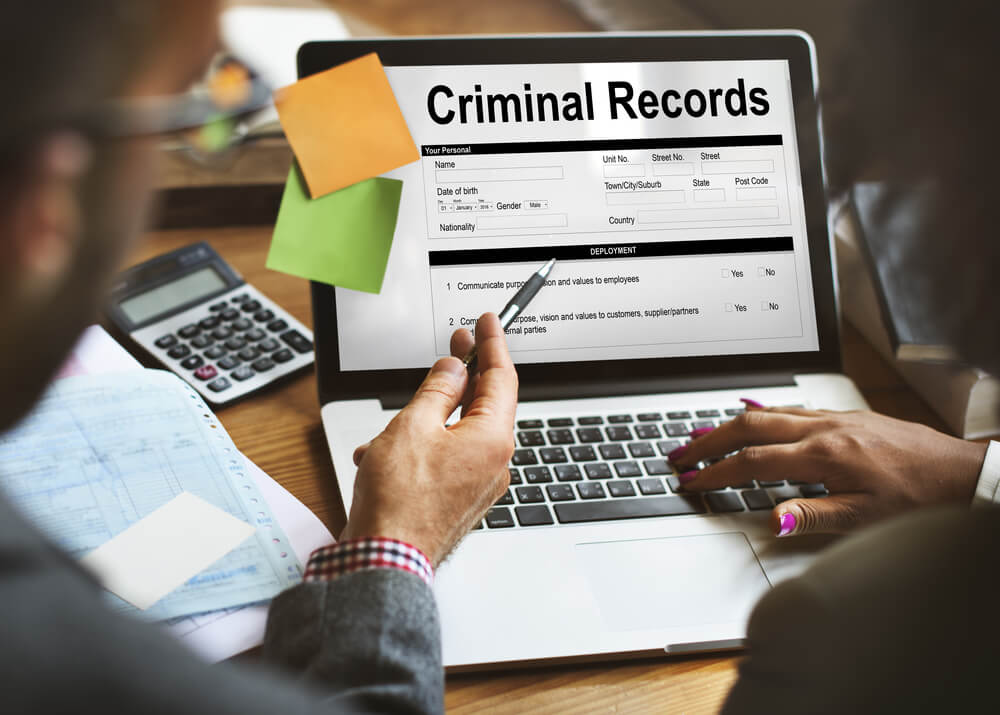If you’re asking whether a DUI applies to a scooter, you’re not the only one. The rise of electric scooters across urban areas has introduced a new legal gray area, leaving many people wondering: can you get a DUI on a scooter? The short answer is yes. In most states, riding a scooter under the influence of alcohol or drugs can result in a charge similar to driving a car while impaired. A DUI scooter offense may seem like a minor issue, but the legal consequences can be surprisingly severe. And with more cities adopting scooter-sharing programs, enforcement has only become stricter.
In this beginner-friendly guide, we’ll unpack the basics of DUI scooter laws, explore the real risks riders face, and walk through how these offenses are prosecuted differently from traditional DUI cases. Along the way, we’ll use examples, legal context, and a practical lens to help you understand how to stay safe—and smart—on two wheels. By the end, you’ll have a full picture of what’s at stake and how to avoid a costly mistake.

What Is a DUI Scooter Offense?
A DUI scooter offense happens when someone operates a motorized scooter while impaired by alcohol or drugs. That includes popular rental scooters like Bird or Lime, as well as privately owned electric scooters. While many people assume scooters are less dangerous than cars, the law doesn’t always make the same distinction.
Depending on your state, scooters can be classified as motor vehicles, meaning DUI laws apply. If you’re riding in a public area, like a street or sidewalk, you’re more likely to be subject to DUI statutes—even if the scooter only goes 15 mph.
The essence of the offense is the same as a car DUI: operating a vehicle while your Blood Alcohol Content (BAC) is at or above the legal limit, which is 0.08% in most states.
Real-Life Story: Adam’s Unexpected Arrest
Adam, a 26-year-old bartender in Phoenix, finished a late shift and met up with friends for a couple of beers. Feeling buzzed but functional, he grabbed a Lime scooter outside the bar and began riding home.
Two blocks later, he failed to yield at a crosswalk and nearly collided with a car. Police nearby pulled him over and asked him to perform a field sobriety test. After failing, he blew a 0.10 on a portable breathalyzer and was arrested. Adam was charged with DUI—even though he was on a scooter and not a car.
His arrest underscores one of the central truths about DUI scooter charges: the law focuses on impairment, not the size or type of vehicle.
How States Define “Vehicle” Matters
A critical component of whether DUI laws apply to scooters is how a state defines the term “vehicle.” In some places, DUI statutes are written broadly enough to include bicycles, e-scooters, mopeds, and even golf carts.
Here’s how some states treat scooters in DUI cases:
- California: DUI laws apply to scooters; riders can be arrested and charged.
- Texas: Scooters fall under the broad vehicle definition if operated in public spaces.
- Florida: Electric scooters are often treated as motor vehicles under DUI statutes.
- Arizona: Clearly includes scooters in DUI enforcement, especially in urban areas.
- New York: Laws vary by borough, but impaired scooter riding is frequently prosecuted.
The takeaway? When in doubt, assume your scooter qualifies as a vehicle in the eyes of the law. Riding drunk or high can put you at risk for a serious legal battle.
The Legal Consequences of a DUI Scooter Offense
A DUI scooter might sound less dangerous than a car-related DUI, but the penalties are often strikingly similar.
Here are the typical consequences of a first-time scooter DUI conviction:
- Fines ranging from $250 to $1,000
- Court costs and administrative fees
- Alcohol education programs or DUI school
- Probation, often six months or longer
- Community service hours
- Jail time (less common for first offenses, but possible)
- Criminal record that shows up on background checks

While jail time is usually reserved for repeat offenses or cases involving accidents, having a conviction for a DUI—even one involving a scooter—can have lasting consequences for employment, housing, and insurance.
Scooter DUI vs. Traditional DUI: What’s the Difference?
Although the elements of the charge are similar, the context of a DUI scooter offense introduces some important distinctions:
1. Vehicle Type
Cars are registered, licensed, and insured. Scooters are not. That means things like vehicle impoundment don’t apply, but also that there’s less clarity about traffic rules.
2. Public Safety Risk
Courts may treat scooter DUIs with slightly more leniency if no one was injured, given the lower speeds involved. Still, riding impaired in crowded areas is a serious public risk, and the court can—and often does—treat it accordingly.
3. Prosecutorial Discretion
Many first-time DUI scooter offenses are handled through diversion programs or deferred adjudication, especially when no accident occurred. However, the outcome varies by jurisdiction and by judge.
Real-Life Story: Emily’s Close Call
Emily, a 22-year-old student in Santa Monica, was riding home on a shared scooter after a beach bonfire. She was stopped by police for not having front lights after dark. Officers quickly realized she was intoxicated.
Though her BAC was just over the legal limit, she was cooperative, had no prior record, and had not caused harm. Instead of pushing for a conviction, the prosecutor offered her a deferred judgment program. She completed 12 hours of alcohol education and her charge was dismissed.
Emily’s case shows that the outcomes of DUI scooter charges can vary widely based on context, cooperation, and local policy.
Can You Lose Your License for a Scooter DUI?
It depends on the state. In some jurisdictions, a DUI scooter conviction is treated the same as any other DUI, which means:
- License suspension may apply
- Points added to your driving record
- Reinstatement fees upon regaining your license
- SR-22 insurance may be required

In other states, courts may choose not to suspend a driver’s license for a scooter DUI—especially if it’s a first offense and didn’t involve a motor vehicle. Still, it’s a risk not worth taking.
What Should You Do If You’re Charged with a DUI Scooter?
Being charged with a DUI scooter offense can be embarrassing and stressful, but it’s crucial to take it seriously. Here’s what to do: the steps you take right after your arrest can significantly impact the outcome of your case.
- Hire an experienced DUI attorney who understands local traffic and vehicle definitions. An attorney who has dealt with scooter-related cases will know how to navigate the legal nuances.
- Request copies of police reports, field sobriety results, and BAC tests. These documents form the foundation of the case against you and can reveal possible defenses.
- Explore diversion or deferred adjudication programs if available. These alternatives can help first-time offenders avoid long-term consequences and may keep your record clean.
- Follow all court orders, including classes, community service, or check-ins.
- Avoid further violations while your case is pending. Even a minor slip-up could damage your credibility and jeopardize any favorable deals.
Acting quickly and responsibly can make a major difference in how your case is resolved. The sooner you respond, the more control you’ll have over your legal options and future outcome.
Preventing DUI Scooter Charges: Common Sense Tips
Avoiding a DUI scooter charge is easy if you plan ahead. Here are a few simple ways to stay safe and legal:
- Don’t ride any vehicle while intoxicated—period.
- Designate a sober friend or call a rideshare.
- Understand local laws before riding.
- Stick to well-lit areas and follow traffic rules.
- Use a helmet and avoid busy roads when possible.

Even if you’re not driving a car, impaired riding poses real risks—to yourself and others.
Real-Life Story: Marcus Took the Safer Route
Marcus, a 33-year-old freelance photographer, left a bar in downtown Dallas after celebrating a friend’s birthday. He was tipsy and started unlocking a scooter but remembered his coworker had warned him about DUI scooter laws. He pulled out his phone and ordered a ride instead.
On his way home, he passed a police checkpoint and saw someone being ticketed for riding a scooter while drunk. That small decision saved him from a possible charge, a court date, and a stain on his record.
Final Thoughts: Understanding DUI Scooter Offenses
You don’t need to be behind the wheel of a car to face serious legal consequences for impaired operation. A DUI scooter offense can carry real weight—from fines and court appearances to long-term impact on your criminal record. While the details vary by state, the message remains consistent: if you’re impaired, don’t ride. What feels like a harmless shortcut can quickly turn into a life-altering mistake if you aren’t careful.
Understanding the laws surrounding scooter DUIs is the first step in protecting yourself legally and physically. Whether you’re riding home from a party, commuting through town, or grabbing a quick errand on wheels, always consider your level of sobriety and the potential consequences. A clear head and sound decision can save you from costly legal trouble and ensure your ride remains both fun and safe.


